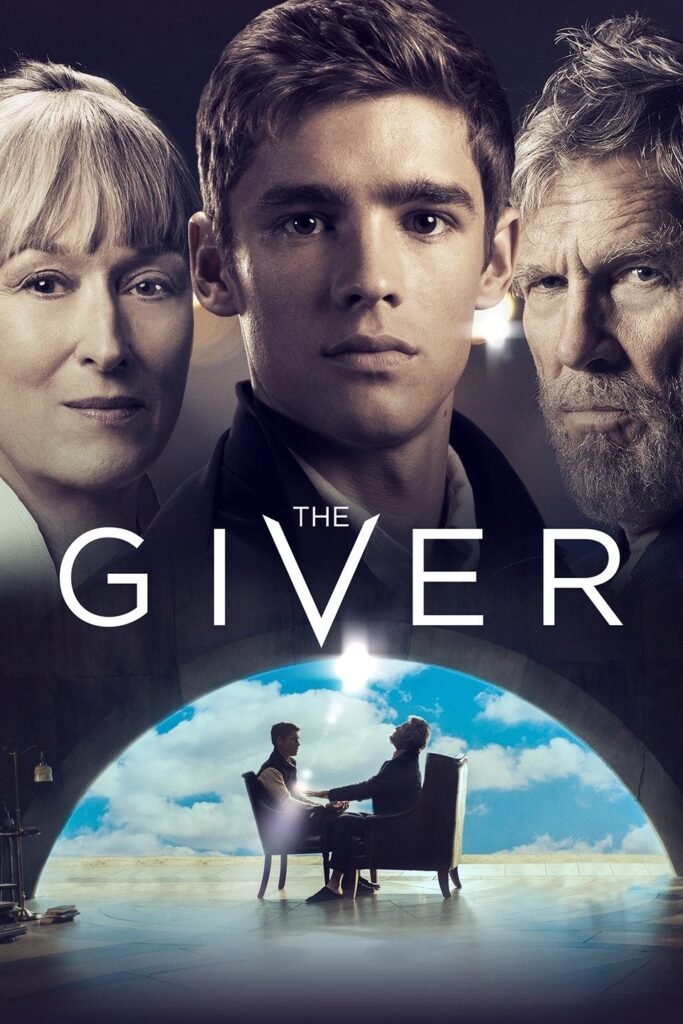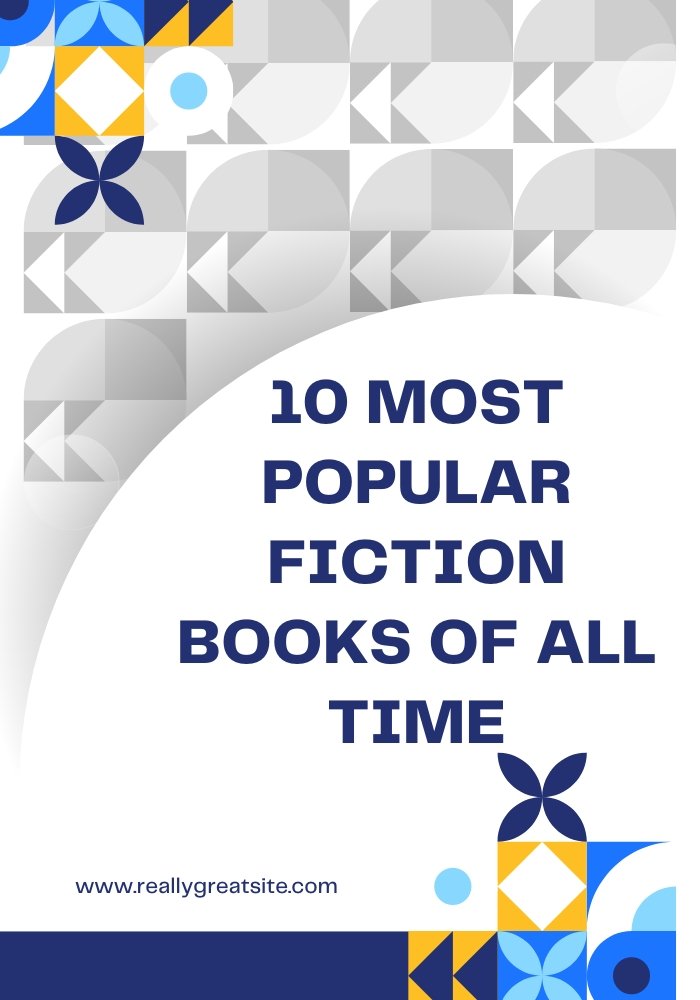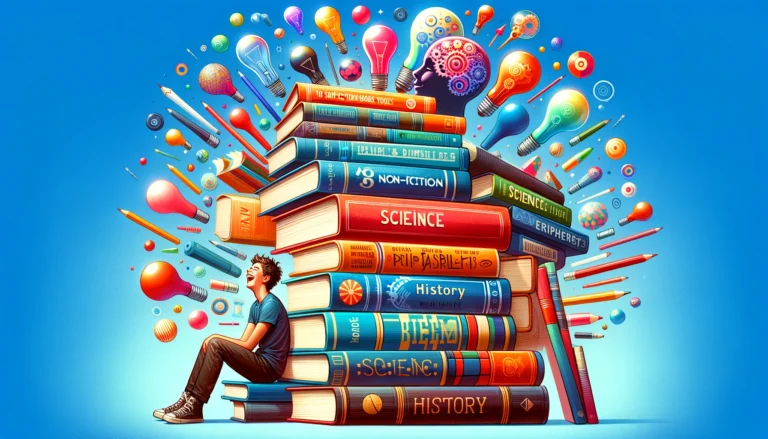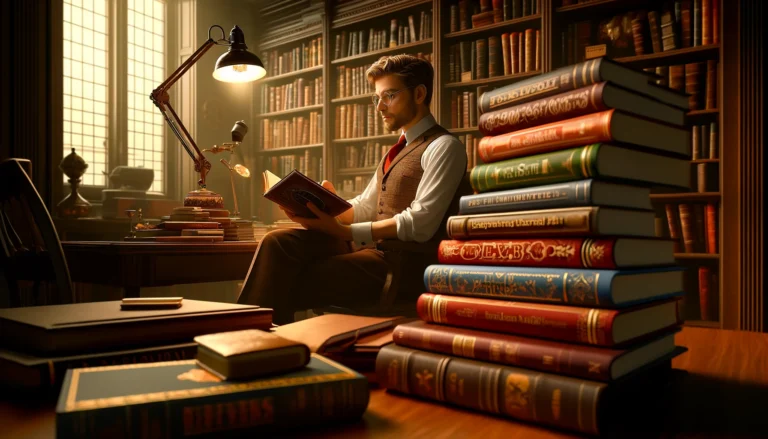In a world brimming with books that challenge our perceptions, Lois Lowry’s “The Giver” stands as a beacon of introspective reflection, inviting us to examine the intricate tapestry of society, freedom, and the essence of human emotion. This novel, while seemingly tailored for a younger audience, unfolds its wisdom like the petals of a bloom, revealing truths relevant to readers across all walks of life.
Introduction: A Glimpse into Sameness
At the heart of “The Giver” lies a society draped in sameness, a community meticulously designed to eradicate pain, strife, and the tumultuous swings of emotion. This utopia, as it appears, is the backdrop against which Jonas’s journey unfolds a narrative arc that escorts readers from the innocence of conformity to the rugged landscapes of individuality.
Conformity vs. Individuality: The Core Struggle
Lowry crafts a world where conformity is the linchpin of society. Yet, as Jonas’s eyes open to the vivid hues of life’s tapestry, we’re compelled to question. At what cost does this sameness come? The novel probes the depths of individuality, championing the notion that it’s our unique experiences and emotions that weave the rich fabric of our existence.
The Role of Memory: The Keeper of Truth
Memory, in “The Giver,” is the vessel of truth, a beacon in the fog of forgetfulness. Through Jonas’s apprenticeship with The Giver, we witness the power of memory to incite compassion, understanding, and the sheer vitality of experiencing life in its unfiltered majesty. Memories, both joyous and painful, emerge as the threads that connect us to our humanity.
The Illusion of Utopia: A Facade of Perfection
The societal blueprint in “The Giver” is a stark reminder of the dangers lurking beneath the surface of utopian dreams. Lowry eloquently dismantles the illusion of a perfect society, illuminating how the suppression of choice and emotion leads to a life devoid of true meaning and connection. It’s a poignant critique of the pursuit of perfection at the expense of our most human experiences.
The Importance of Choice: The Gateway to Freedom
Choice is the silent hero of this tale, the key that unlocks the shackles of conformity. Jonas’s awakening is a testament to the power of choice not merely the ability to choose between paths but to choose to feel, to love, to suffer, and to live fully. The novel posits that it’s through choice that we embrace the essence of being human.
Personal Reflections: The Resonance of Memory and Choice
Reading “The Giver” was akin to finding a mirror reflecting the parts of our souls we’ve tucked away the fears, the joys, the sorrows, and the hopes. It nudged me towards introspection, prompting me to cherish the mosaic of memories that shape my identity and to embrace the freedom of choice with both hands.
Analyzing Strengths and Weaknesses
Lowry’s narrative prowess lies in her ability to distill complex ideas into a tapestry accessible to a diverse audience. The novel’s strengths are its depth and the universality of its themes. However, some might argue that its brevity leaves certain philosophical queries lightly touched rather than deeply explored. Yet, perhaps it is this very quality that invites readers to embark on their personal journeys of reflection.
The Application in Real Life: Beyond the Pages
“The Giver” extends an invitation to view our world through a lens of empathy, understanding, and the courage to embrace our emotions. It challenges us to question the structures of our society and to recognize the value of our individual and collective memories. In a world increasingly veering towards uniformity, Lowry reminds us of the beauty inherent in diversity and the richness of a life lived with open eyes and hearts.
Conclusion: A Testament to the Human Spirit
“The Giver” is more than a novel, it’s a philosophical exploration of what it means to live authentically. It implores us to consider the weight of our choices and to cherish the memories that shape us. In Jonas’s journey, we find a reflection of our deepest fears and highest hopes, a testament to the resilience of the human spirit.
As we turn the final page, we’re left with a choice will we accept the comfort of sameness, or will we dare to embrace the kaleidoscope of life in all its unpredictable beauty? “The Giver” doesn’t just offer an answer, it inspires us to find our own.
In crafting this review, I sought not just to dissect a novel but to engage with its essence, to explore the depths of its themes, and to reflect on its resonance within the caverns of my own experience. I invite you, dear reader, to delve into “The Giver,” to find the fragments of truth it holds






